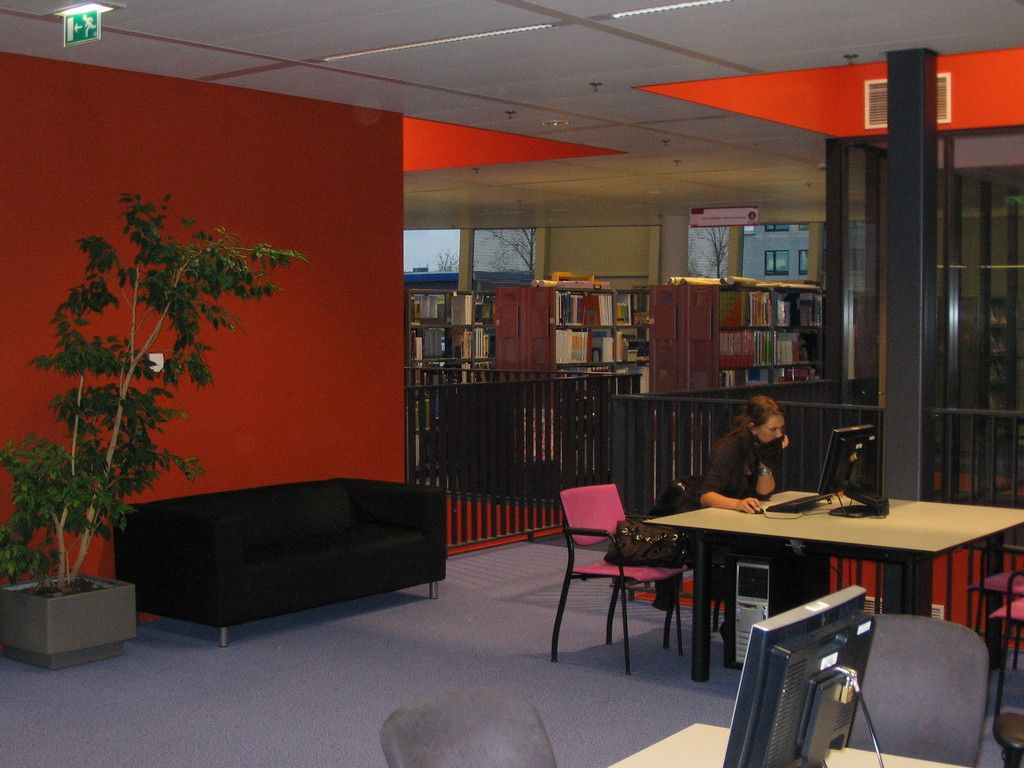Upon the father's demise, a tumultuous sequence of events unfolded.
Spilling the Beans: Katrin Bauerfeind's Heartfelt Revelations on "Kölner Treff"
Katrin Bauerfeind, a widely recognized figure in the entertainment industry, opened up about her personal life on the renowned WDR talk show, "Kölner Treff". Discussing her new stage program, themoderator and entertainer shared an emotional narrative regarding her late hoarder father and the struggles associated with the condition.
Joking about the difference between her father (not the footballer) and a collector of items, Bauerfeind recounted her shock upon entering her father's chaotic apartment following his death. The disorder, she noted, made it impossible to navigate the room, with seemingly endless items stacked on top of each other - from old newspaper articles featuring Helmut Kohl to outdated records, hard drives, and kitchenware. It was during her search for a specific password that she sought to find that the issue hit home.
Emphasizing the need for empathy and understanding, Bauerfeind criticized the dismissive attitude often encountered towards hoarders. "It's a mental illness," she exclaimed, pointing out that the misconception persists, particularly in Swabia, where people claim one can simply tidy up. Drawing on her own experience, she argued that those struggling with hoarding are attempting to fill emotional voids with material possessions.
The hoarding syndrome, a form of obsessive-compulsive disorder (OCD), is more prevalent than one might initially assume, with an estimated 2.8 million people in Germany suffering from it. The condition involves the persistent inability to let go of items and results in cluttered living spaces that can markedly impair daily functioning and social interactions.
Bauerfeind also challenged herself during the interview, acknowledging her lack of communication with her father about important matters. Regarding the topic of hoarding, they never discussed tidying up, filling emotional gaps, or even essential passwords. As she became emotional, Bauerfeind urged the importance of discussing significant issues with loved ones while they are still present.
With humor and candor, Bauerfeind sheds light on the misunderstood and often stigmatized condition. By calling attention to the need for empathy and understanding, she encourages those struggling with hoarding and challenges the dismissive attitudes often encountered in society.
Science plays a crucial role in understanding and addressing the mental health aspect of hoarding, which is recognized as a form of obsessive-compulsive disorder (OCD). In the realm of health-and-wellness, Katrin Bauerfeind's open discussions on her personal experiences with hoarding serve as tools of 'of a kind used' for raising awareness and fostering empathy for those suffering from similar conditions.








